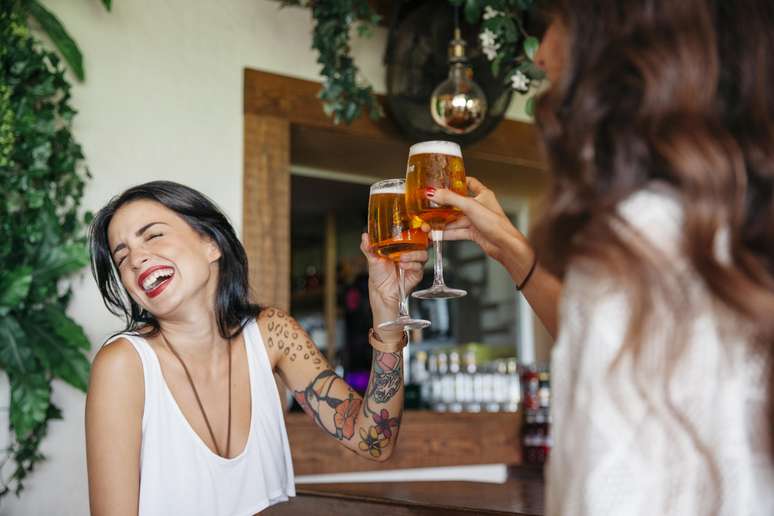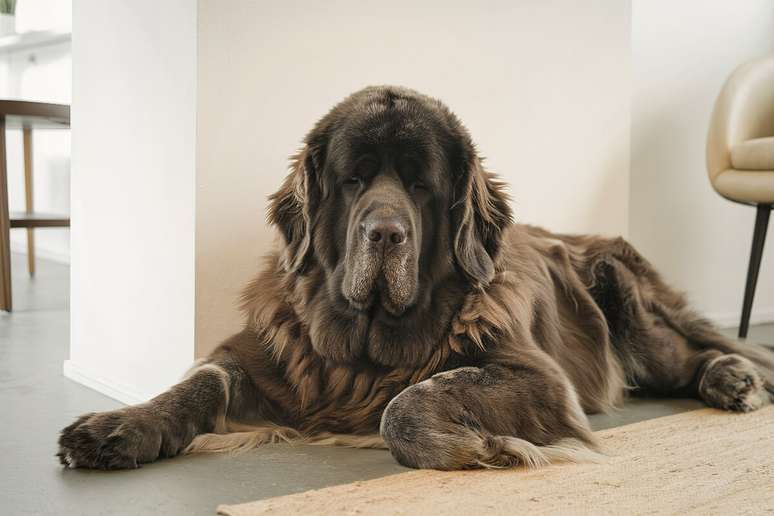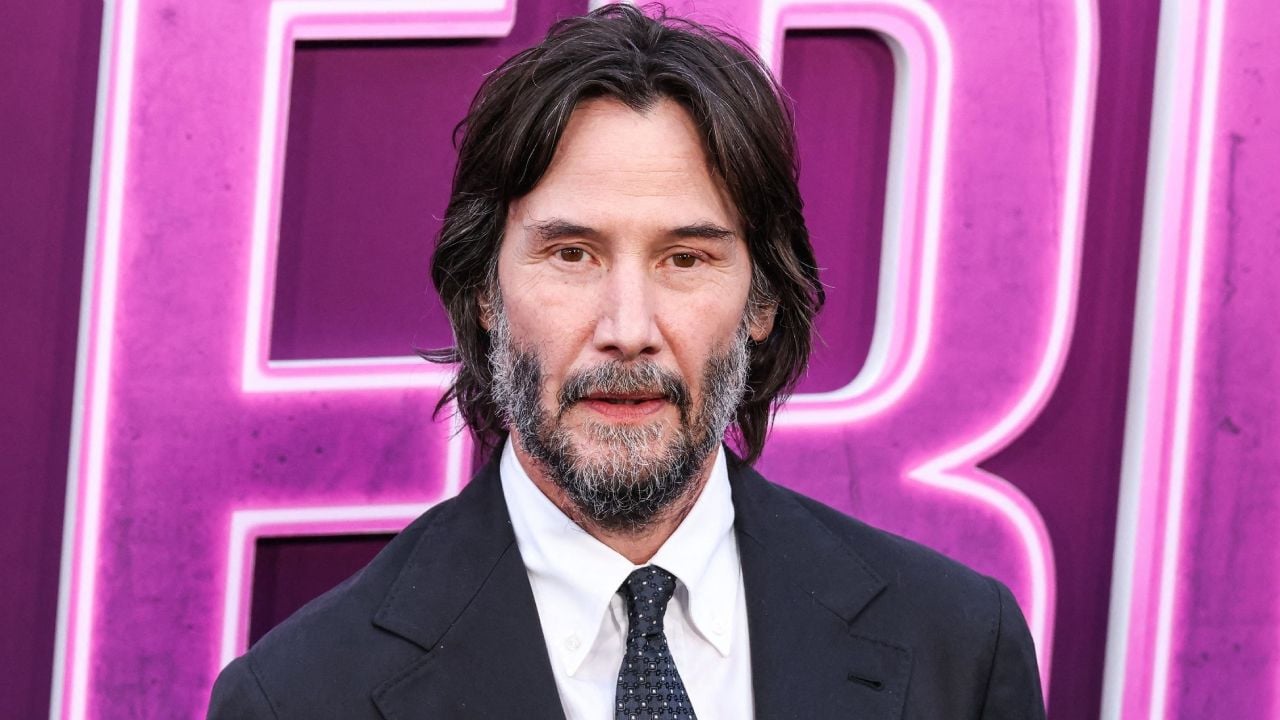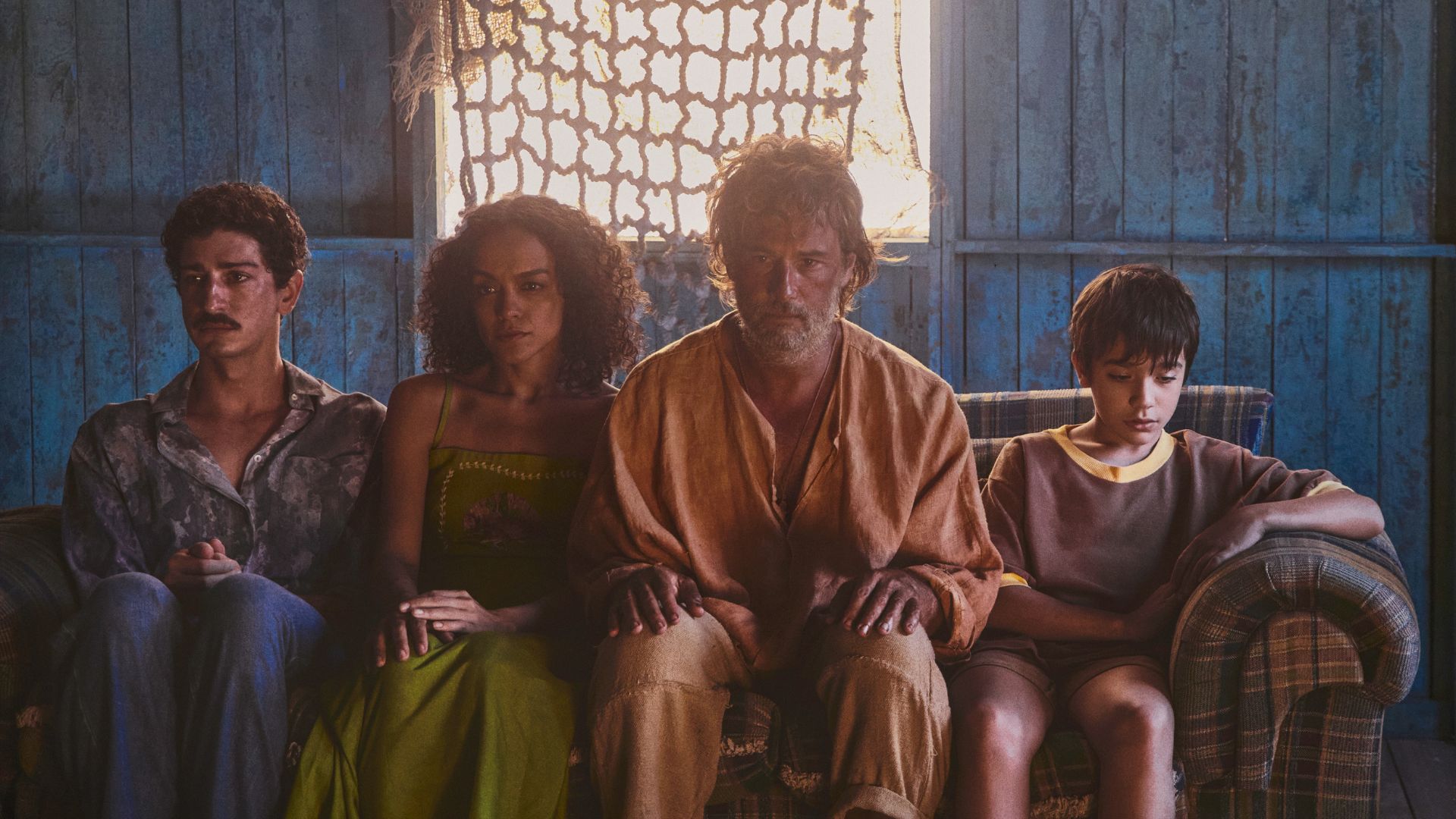Psychologists have identified four “main types of drunks” based on how you handle drinking in social settings. What type are you?
You probably already know from real-life experiences that alcohol can drastically affect people’s personalities in several ways. And in fact there is scientific evidence that demonstrates that” types of drunks“It really exists.
This is what emerges from a study published in the journal Addiction Research and Theory, in which researchers from the University of Missouri-Columbia recruited 187 university students. Participants in the Drunk Guys Study reported having a “drinking buddy,” that is, a person who knows what they are like when they are sober and drunk, to separately fill out identical surveys and rate the frequency of alcohol use and its consequences on them. he. and the sober and drunken personality traits of his friends.
They then created subgroups (or “drunk types”) based on the five-factor method – domains used by psychologists to determine personality – which include neuroticism, extraversion, openness, agreeableness and conscientiousness.
It turns out there are four drunken personality types that, coincidentally, correspond to some popular names you probably recognize from your childhood: Hemingway, Mary Poppins, Mr. Hyde (The Doctor and the Monster), and The Nutty Professor. Check out the features below to see where you and your friends fit in.
The 4 types of drunks
Hemingway
This is your friend who can become whatever he wants without anyone noticing, just like the author Ernest Hemingway himself. Members of this group reported only mild personality changes when drunk. Their awareness (e.g., being prepared, organized, or fast) and their intellect (e.g., understanding abstract ideas and being imaginative) were less affected than the rest of the sample.
Interestingly, this was by far the largest group. The researchers conclude that this “drunk type” represents the majority of people who tend not to experience drastic character changes or alcohol-related consequences.
Mary Poppins
Just like the beloved and cheerful nanny, Mary Poppins’ group was made up of a small number of people (14% of the sample) who were particularly pleasant when sober, that is, more friendly and collaborative. Once drunk, however, this group experienced less of a decrease in conscientiousness and intellect and an increase in extraversion than others. In short, “the Mary Poppins drinking group essentially captures the gentle, responsible drinkers, who experience fewer alcohol-related problems than the most affected,” the study explains.
Mr. Hyde (The Doctor and the Monster)
Those who followed Dr. Jekyll’s evil alter ego experienced the drunkard’s most negative transformation. Members of this group reported decreases in conscientiousness and intellect and smaller increases in extraversion when they were drunk compared to the other samples.
“Members of this group, like the dark side of Mr. Hyde, have reported a tendency to be notably less responsible, less intellectual, and more hostile when under the influence of alcohol than when sober, as well as towards of members of other groups,” the study concluded. Not to mention that this was the only group statistically more likely to experience harmful consequences from drinking (e.g. passing out or being arrested for drunken behavior).
The Nutty Professor
This group – named after the character played by Eddy Murphy, who is chemically transformed into the more confident and extroverted mad professor – were particularly introverted when sober, but showed a large increase in extroversion when drunk, as well as a decrease in conscientiousness.
Members of this group had the largest overall discrepancy between their sober and drunken traits, but still in the healthy decision-making range (no blackouts and no drunken texts to their exes). This is your shy friend who turns into a party animal after a few drinks.
Warnings about the study
It’s hard to deny the anecdotal truth of the research. However, the study authors admit a number of limitations. For example, the “types of drunks” were based on self-reported information and “typical” drunken experiences which did not allow researchers to investigate personality differences in different types of drunken situations. More importantly, the sample group was primarily composed of White American college students, making it difficult to generalize the findings. Therefore, the authors state that they “do not attempt to extend or apply these findings beyond the college-age individuals studied.”
Still, the study makes for great weekend happy hour conversation, especially when all your friends transform into drunken alter egos.
Source: Terra
Ben Stock is a lifestyle journalist and author at Gossipify. He writes about topics such as health, wellness, travel, food and home decor. He provides practical advice and inspiration to improve well-being, keeps readers up to date with latest lifestyle news and trends, known for his engaging writing style, in-depth analysis and unique perspectives.








